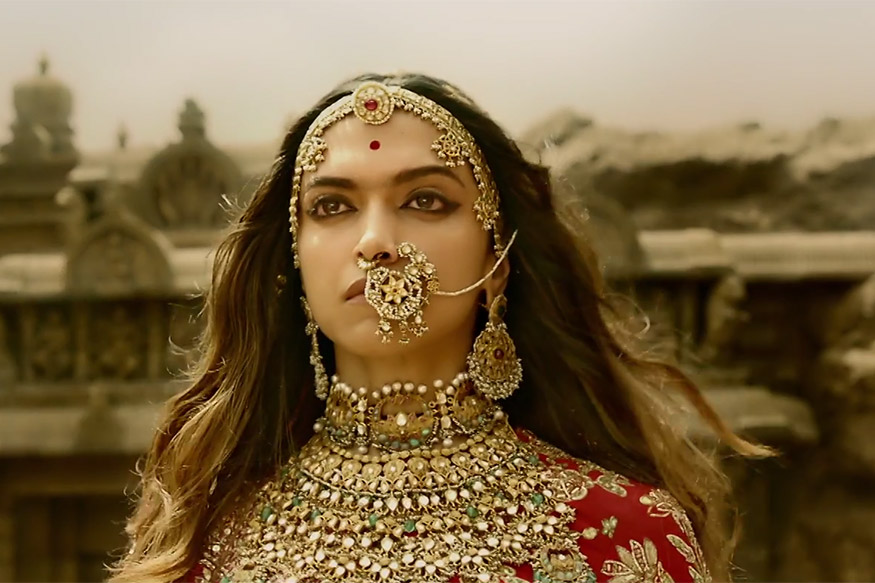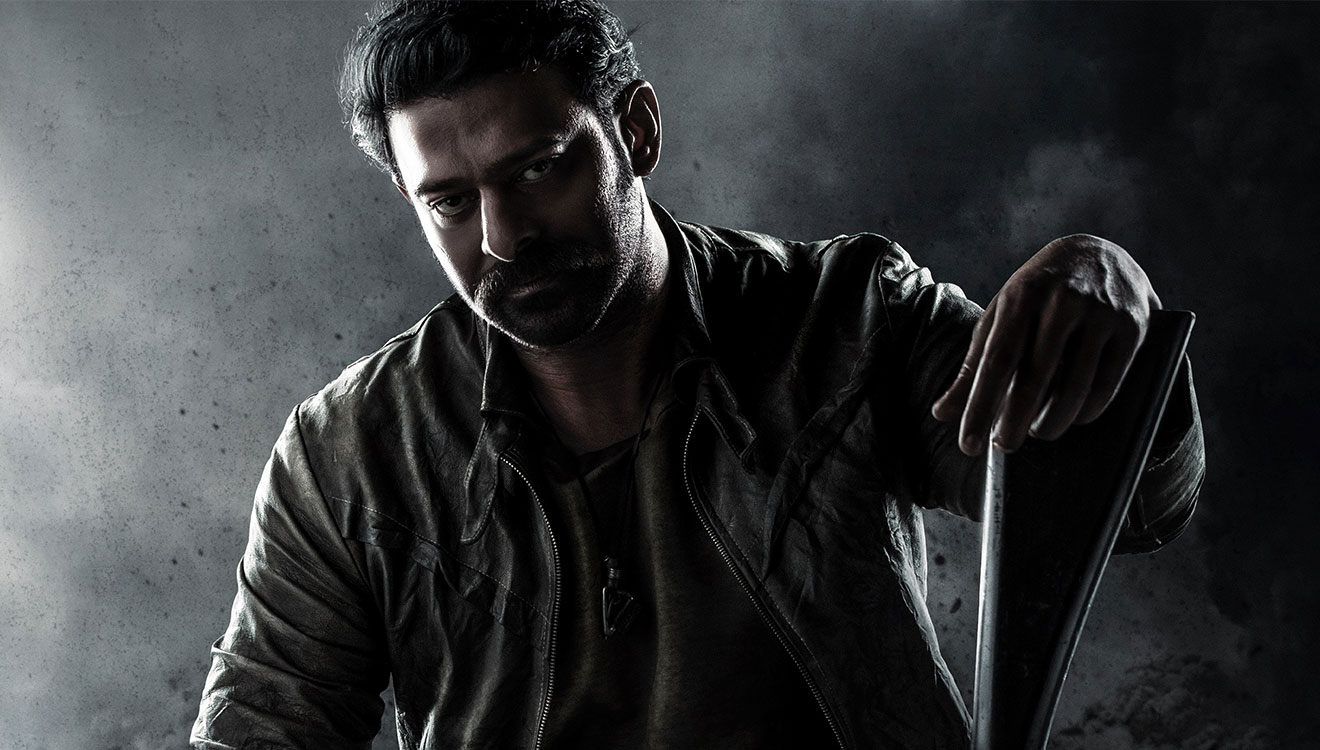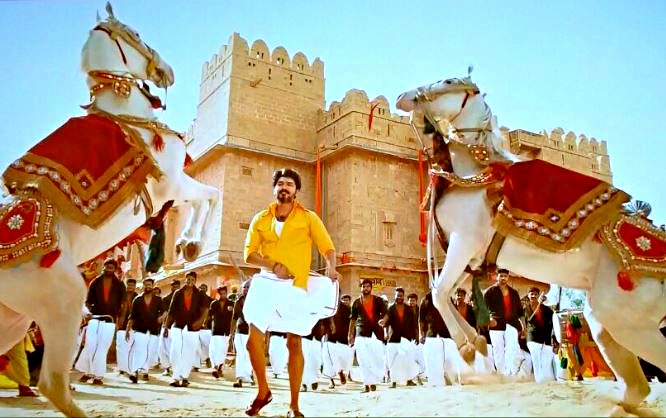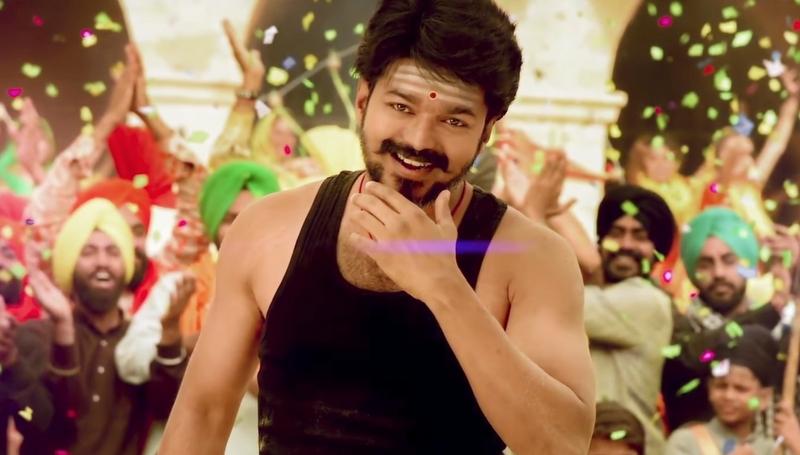Just ahead of the release of The Lord of The Rings: The Two Towers, a petition was circulated to change the title as it was reminiscent of the tragic and calamitous collapse of the Twin Towers of the World Trade Center on September 11, 2001. In a world where we are constantly fighting for more parity and inclusivity, the representatives of pop-culture have a responsibility to exhibit a certain degree of sensitivity. French magazine Charlie Hebdo’s provocative cartoons about Islam could be satirical for some but the larger populace might not get the humour. There is no right or wrong in an argument which is mainly perception based. But there comes a point when outrage takes a turn to the absurd. Case in point: Padmavati.
Sanjay Leela Bhansali’s film was due to release on December 1. Amid violent threats, the vehement controlling of freedom of expression, and the categorical statements or lack of it from higher authorities — #PadmavatiRow has become a politically charged episode for a movie that draws inspiration from what is widely regarded as a fictional story. And the outrage doesn’t seem to die down. Everyday, there’s a new veiled threat. And if last week is to go by, a man’s hanging body at the Nahargarh Fort with protests against the film upped the ante.
Now, a parliamentary committee has reportedly ordered Bhansali and CBFC chief Prasoon Joshi to arrive at a consensus over the certification of the film. The 30-member committee has also asked producers of the movie and officials of the Information and Broadcasting Ministry for a briefing on Thursday.
Unsurprisingly, protests against Padmavati is not a new phenomenon. There have been several other films in the past that faced various degrees of oppositions and protests, some that ended well and others, not so much.
Anurag Kashyap’s Black Friday
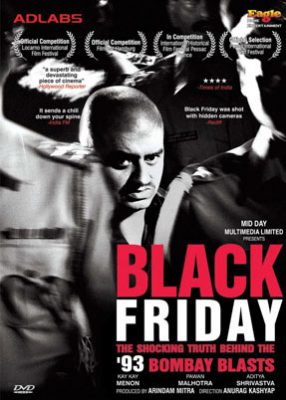
The film was based on Black Friday – The True Story of the Bombay Bomb Blasts, a book by Hussain Zaidi about the 1993 Mumbai blasts. Starring Kay Kay Menon, Pavan Malhotra, Aditya Srivastava, and others, the film won accolades and praises internationally for its portrayal of a dark period in India.
The outrage in the country, however, was harsh to say the least. The film was termed to be so controversial that the censor board did not allow its release for three years. It finally released on 9 February, 2007 after the Supreme Court allowed it following the verdict in the 1993 Bombay blast case delivered by the TADA court. When it did release, there were still outrages from various factions.
Anurag Kashyap later told The Indian Express, “But filmmakers need cover before starting the film as people get easily offended. Anyone can get up and stake claim to something that you have no idea about regarding the person… After the Black Friday incident, I’m not ready to go through it again.” But he had to go through a similar ordeal before the release of Udta Punjab.
Rajkumar Hirani’s PK

A satirical science-fiction comedy about an alien, who is left on Earth and how he adapts (or doesn’t) to the country’s customs, earned praises and also became one of the highest grossing Indian films of all time, exceeding Rs 7 billion.
The outrage, however, was about the take on religious practices and superstitions in India. Several religious groups took umbrage with the jokes and questions the alien seemed to raise. Once again the saffron brigade was up in arms demanding a ban on the movie. The VHP and the Bajrang Dal even burnt posters and threatened more if the film didn’t get banned, while Baba Ramdev outraged over the “offensive alien” and said, “It seems that famous people have developed a habit of such things [disrespecting the religion]. Films criticising other religions won’t ever be made, then why is such sensitivity never shown about Hinduism?”
Baradwaj Rangan wrote for The Hindu, “Once a film has come through the Censor Board, no one has the right to demand that it be pulled from theatres because it has offended them. Everyone is sensitive to something, and if you begin to factor it all in, you’ll never make a movie.”
Deepa Mehta’s Water
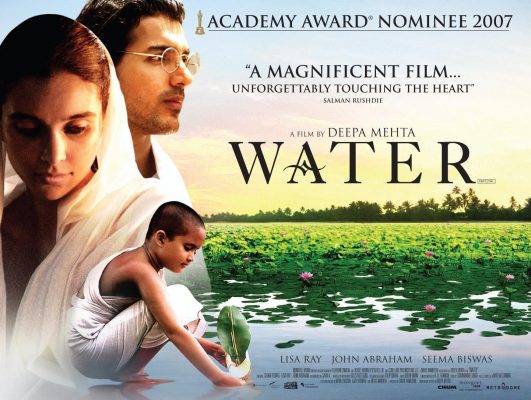
Water explores the pitiful lives of the Indian widows in the 1940s Varanasi and touches upon the misogyny and ostracism that they face. Deepa Mehta’s film was even nominated at the 79th Academy Awards for Best Foreign Film.
However, its reception in India was a far cry from the accolades and praises it received abroad.
Given that Mehta had received severe hostility at the time of the release of her previous film Fire – India was not prepared to face the subject of two married women in a lesbian relationship. “The film had been playing for about four weeks in India before somebody woke up and said this was anti-Hindu because no lesbians exist in India,” Mehta had said about Fire.
The day before filming of Water began in Varanasi, the crew was informed that there were complications with their location permits for filming. The following day, they learned that 2,000 protesters had stormed the ghats, destroying and burning the main film set and throwing the remnants into the Ganges in protest of what ultimately were revealed to be false accusations regarding the subject matter of the film. Activist Arun Pathak also organised a suicide protest to stop the film production. Mehta had to move the filming to Sri Lanka and the entire process was done under the cloak of secrecy. Mehta had started working on the film in 2000 and it took her five years to complete it.
Karan Johar’s Ae Dil Hai Mushkil
More than the film, one cannot forget the hostage video that Karan Johar had to release to pacify the Raj Thackeray-led Maharashtra Navnirman Sena. The film that starred Ranbir Kapoor, Anushka Sharma, Aishwarya Rai and Pakistani actor Fawad Khan was due to release when the September 2016 Uri attack happened, following which
Indian Motion Picture Producers Association banned Pakistani artistes from working in India and the Cinema Owners Exhibitors Association of India decided not to release any Indian films that starred Pakistani actors.
High on rhetoric and anti-Pakistan sentiments, Johar in a conciliatory speech said, “Going forward, I would like to say that of course I would not engage with talent from our neighboring countries given the circumstance. But with that same energy I would want you to know that over 300 Indian people in my crew have put their blood, sweat and tears in my film and I don’t think it is fair to them to face any sort of turbulence.”
Atlee’s Mersal
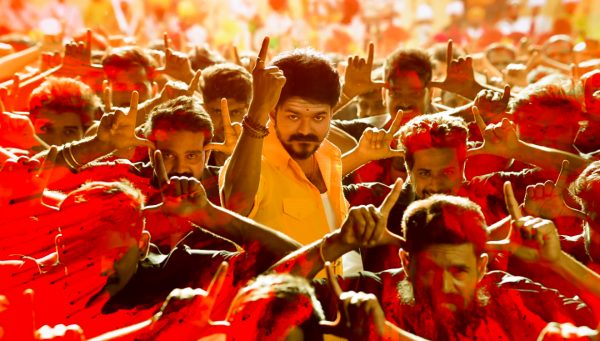
mersal
The release of Mersal, starring Vijay, happened this Diwali. Everybody was excited and there was little outrage at the time. But after the release, it all blew out of proportion. It took a political turn when the Tamil Nadu unit of the BJP demanded cuts for the scenes pertaining to Goods and Services Tax (GST) and demonetisation. BJP’s national secretary H Raja raked up a new controversy accusing Vijay of having an anti-Hindu agenda.
Recommended
State president of the Tamil Nadu BJP criticised Mersal and claimed that it shows GST and Prime Minister Narendra Modi’s Digital India initiative in poor light.
This created an opportunity for the Opposition parties to launch an attack on the ruling party at the Centre. From Rahul Gandhi to MK Stalin, these political leaders tweeted in support of Mersal and espoused freedom of expression.
Doctors across Tamil Nadu protested against Mersal by sharing pirated links of the film on social media. Claiming that the film shows them in poor light, they said that they have chosen this silent protest as this would hit the film’s box office collection. Ultimately, it was just much ado about nothing.
Read about the controversy here.
